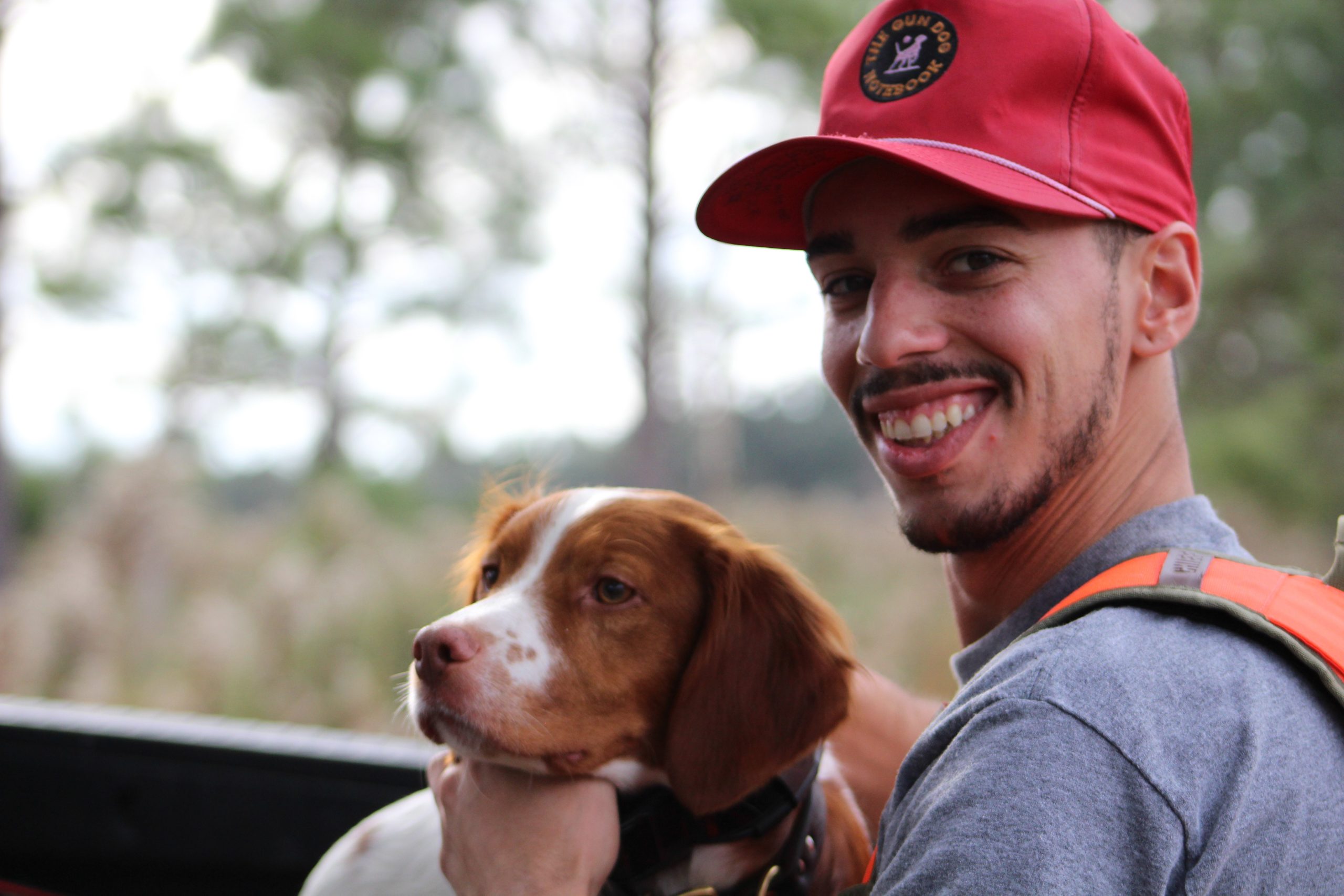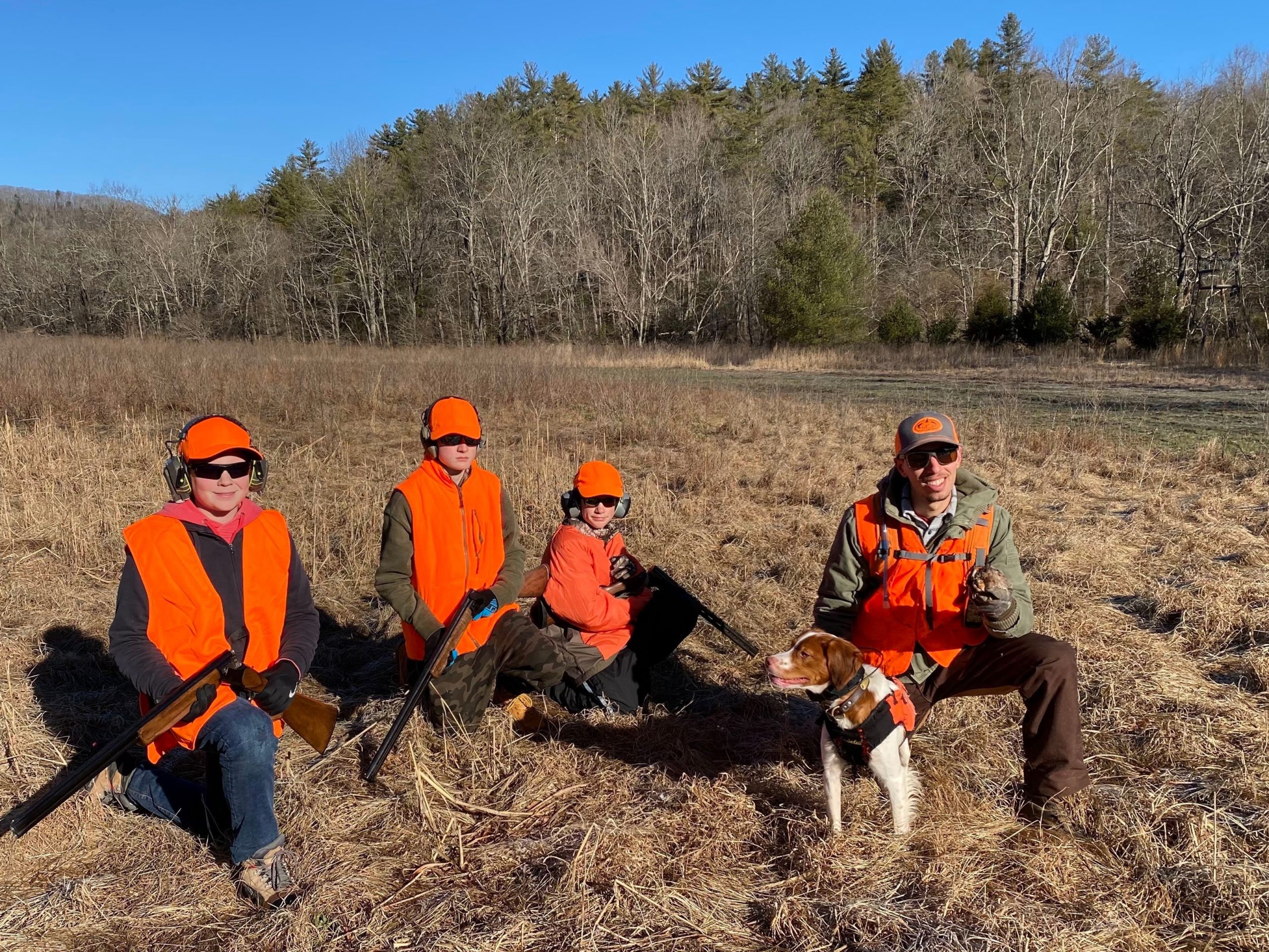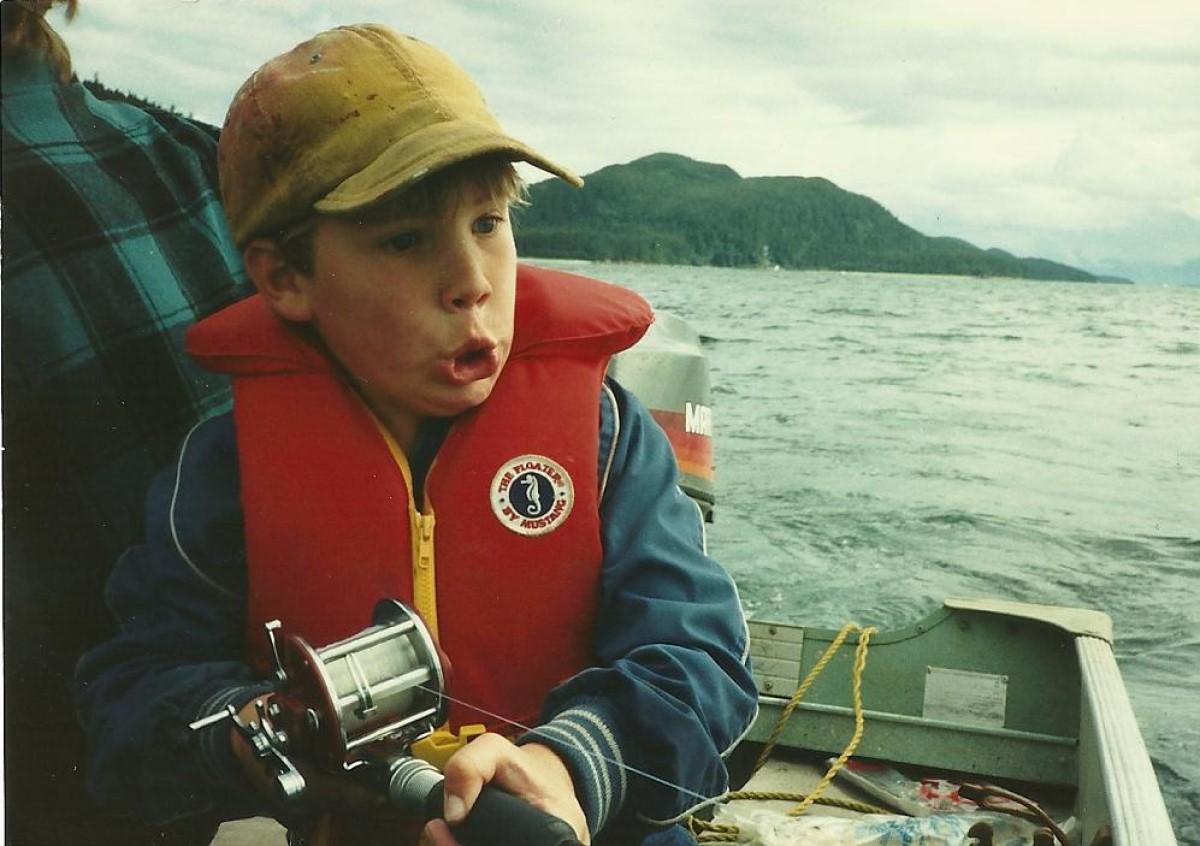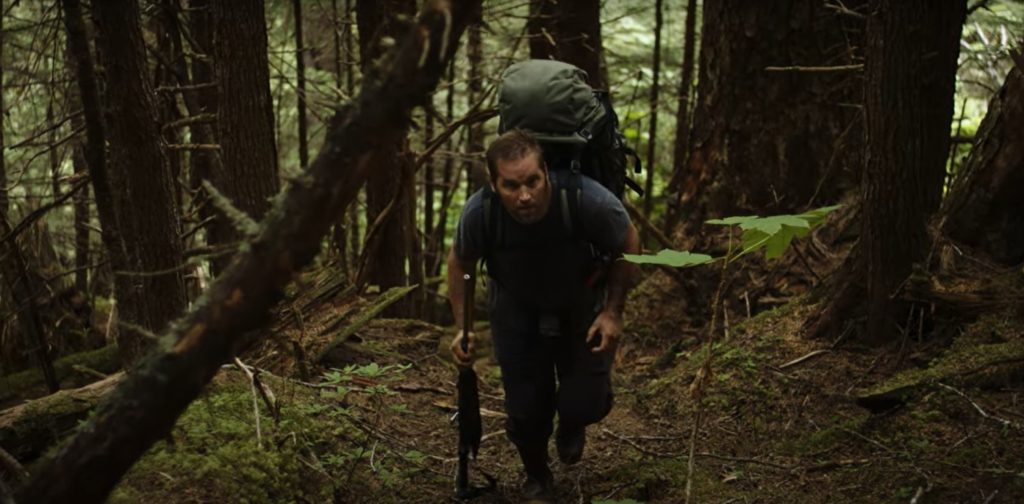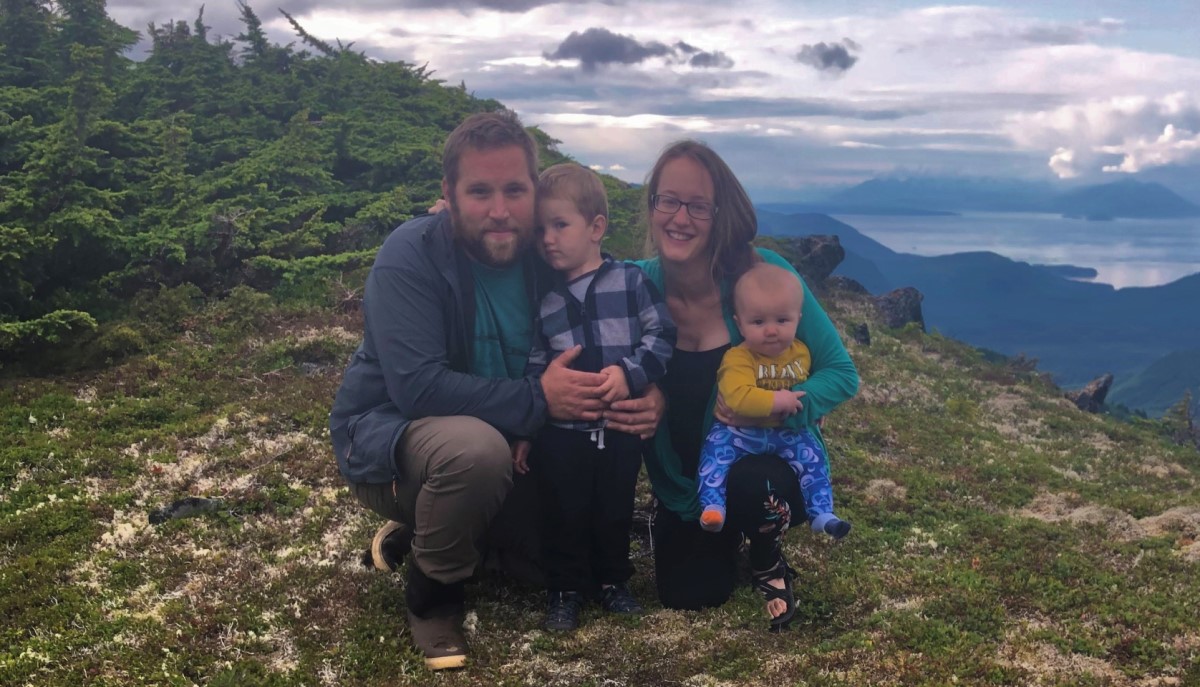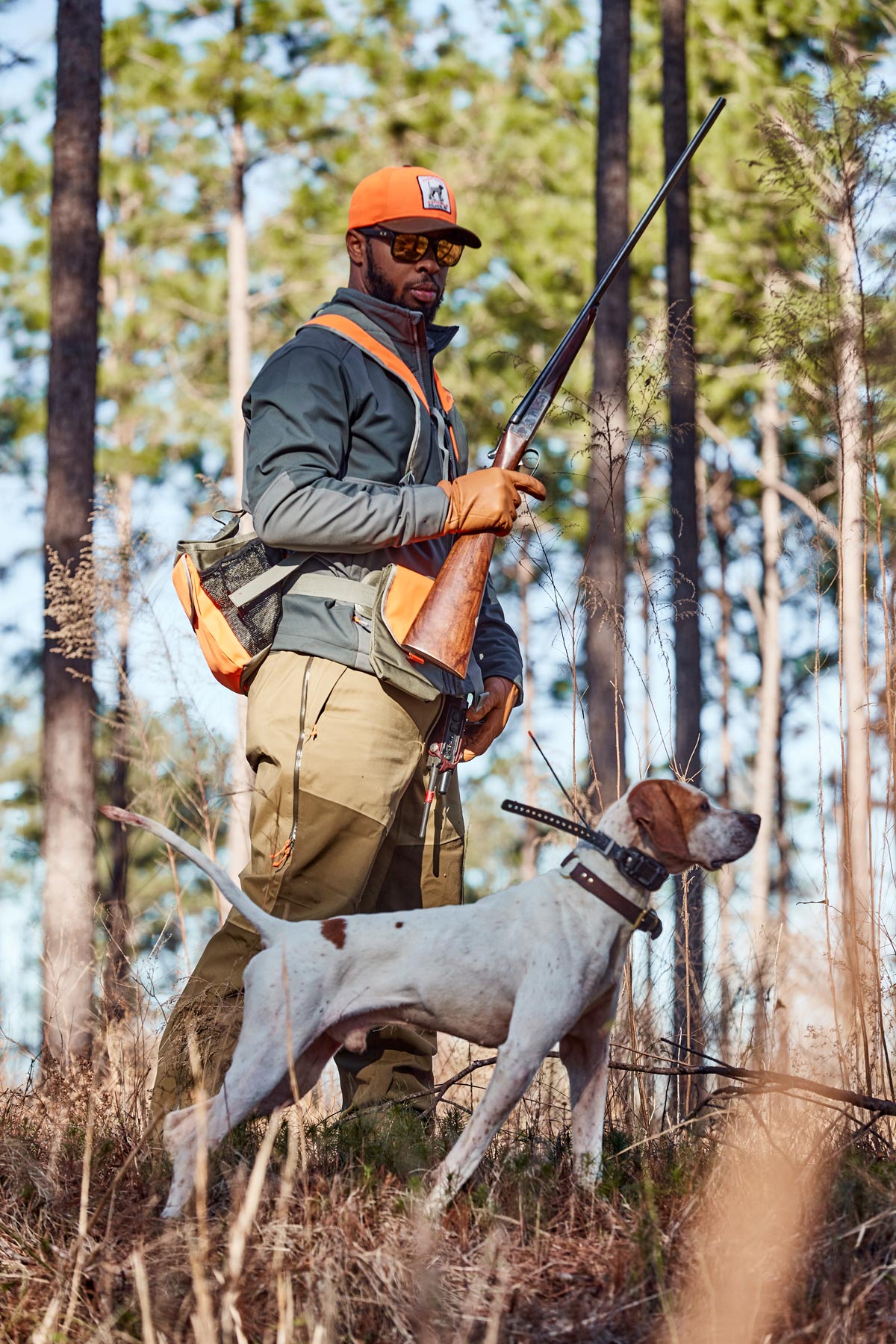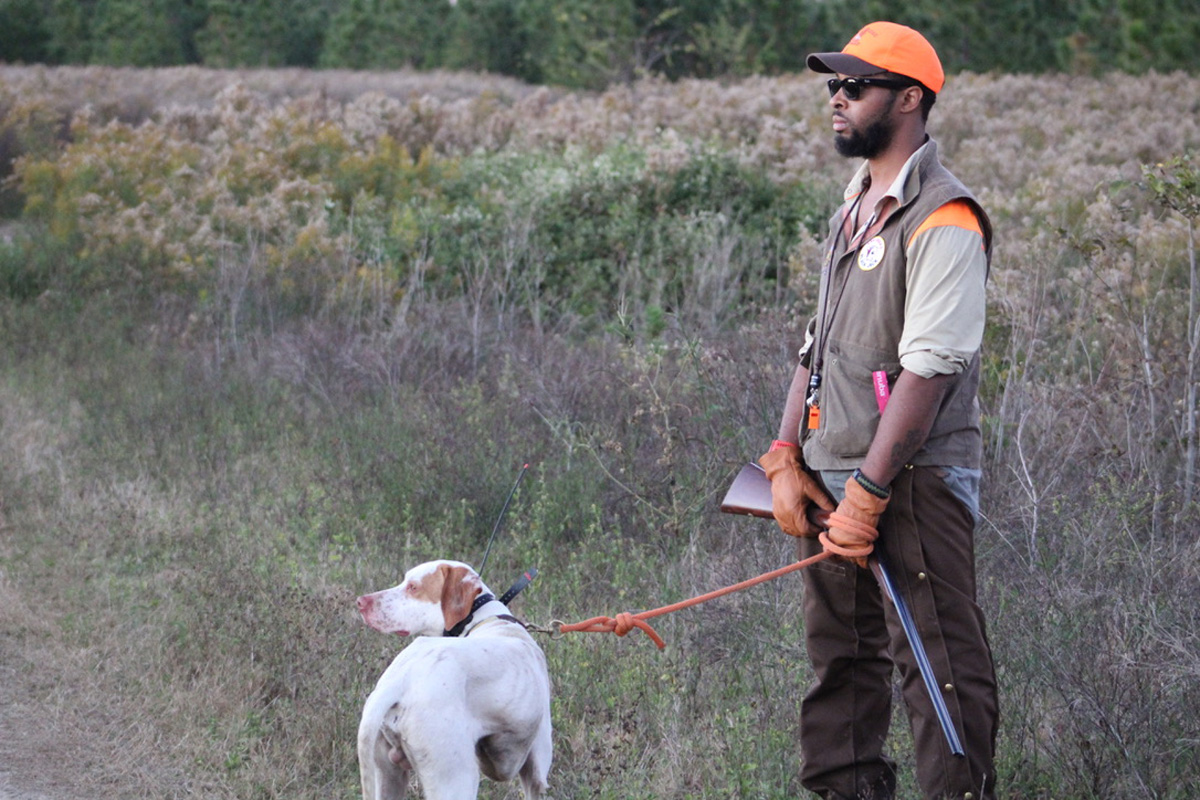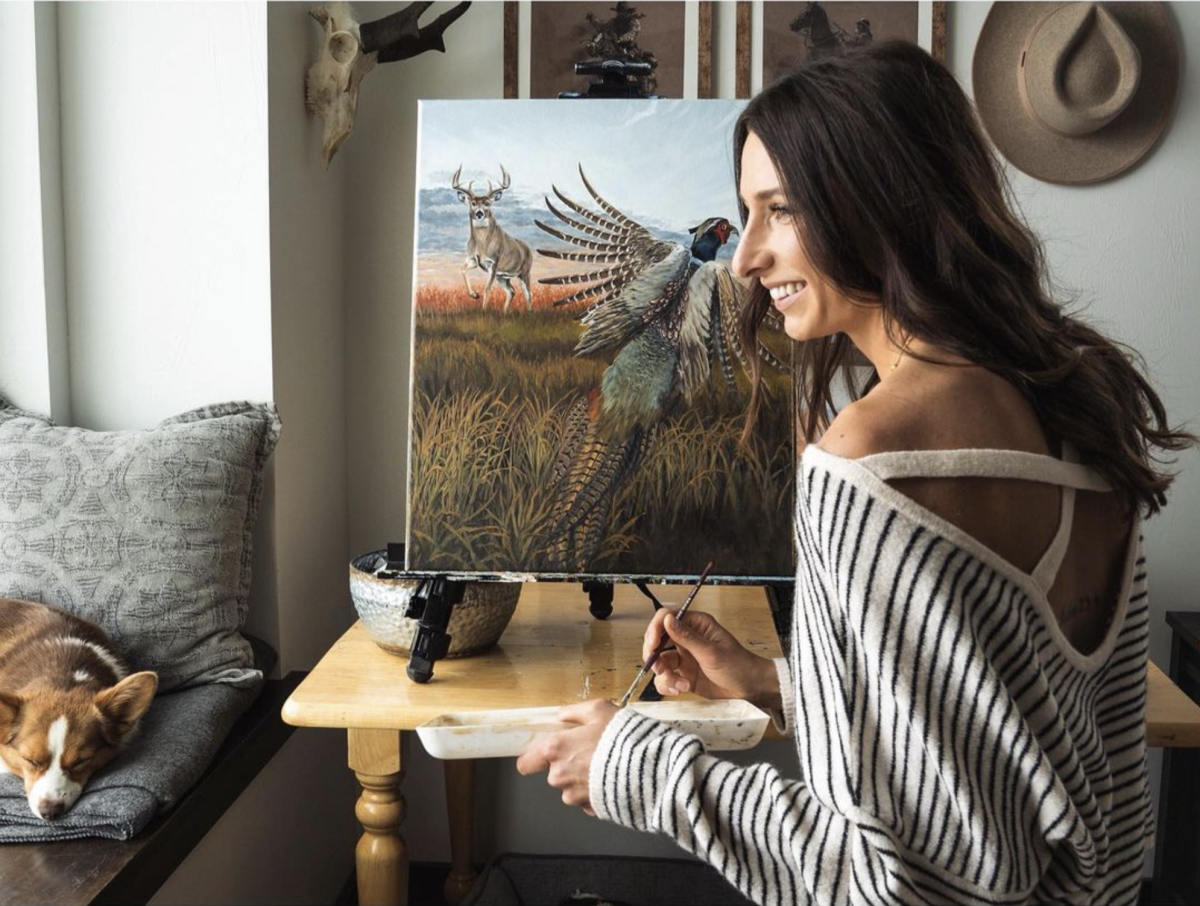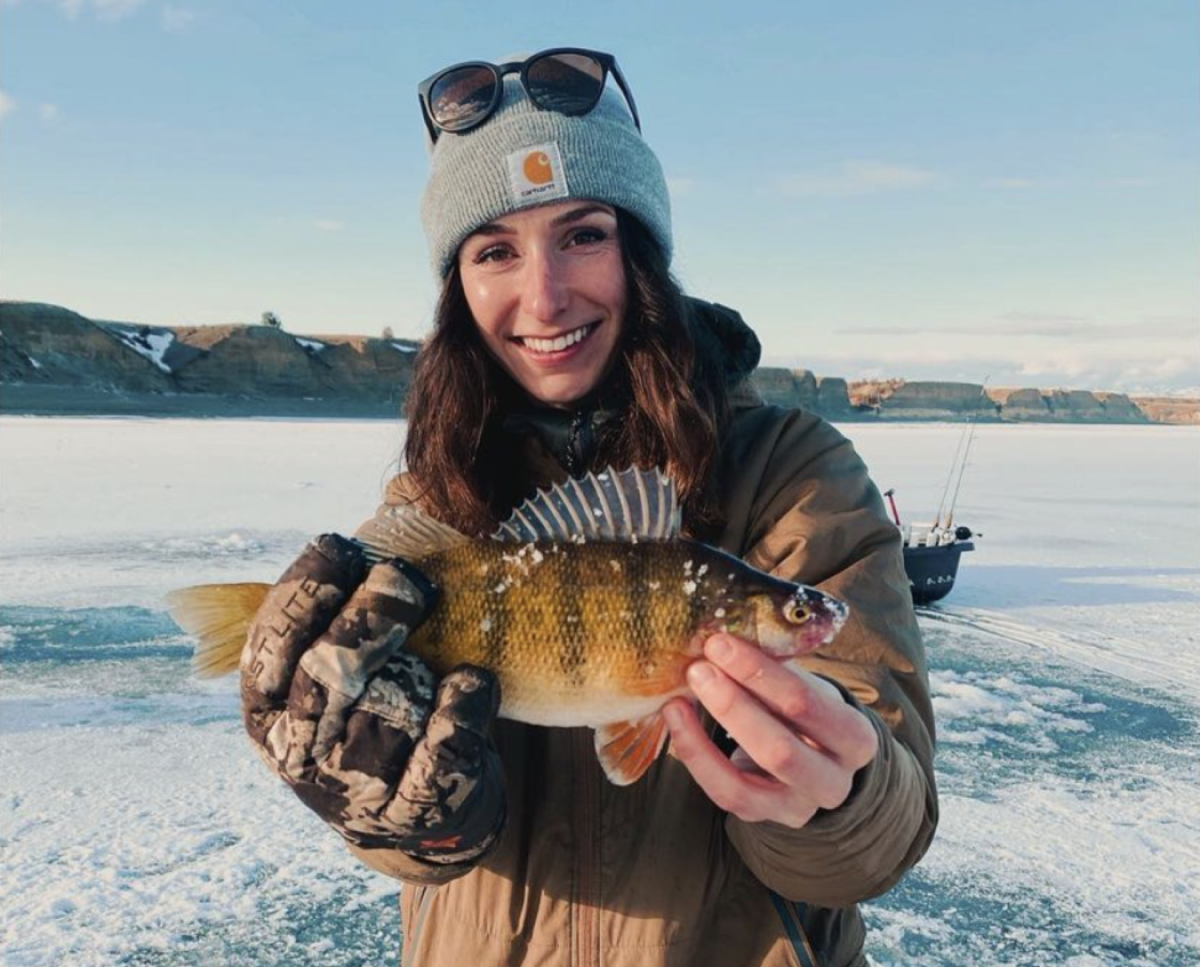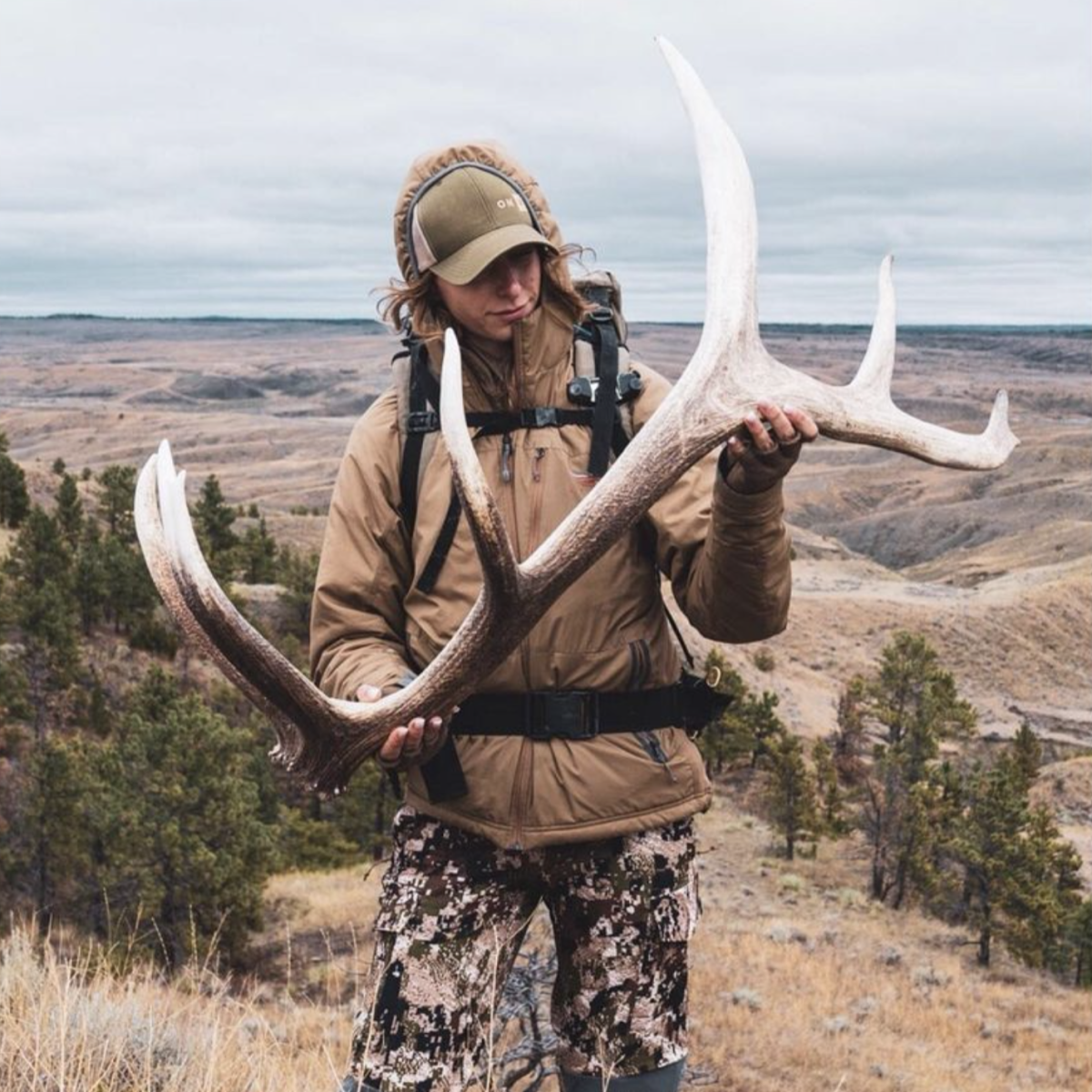TRCP’s “In the Arena” series highlights the individual voices of hunters and anglers who, as Theodore Roosevelt so famously said, strive valiantly in the worthy cause of conservation.
John Annoni
Hometown: Allentown, Pennsylvania
Occupation: Public school teacher, author, and principal investigator – Cornell University
Conservation credentials: Founder of Camp Compass Academy, where he introduces urban students in grades five through twelve to conservation, hunting, fishing, and other outdoor activities
In 1994, John Annoni started out as a schoolteacher with a simple goal: To introduce a new generation of youth to America’s outdoor heritage through after-school activities. That effort has now turned into a life-changing year-round experience known as Camp Compass, where volunteer mentors make a difference in the inner city by sharing their knowledge of hunting, fishing, archery, and other outdoor activities, while providing tutoring assistance and much-needed social guidance for students aged 10 to 18. This award-winning non-profit program gives young people the exposure to outdoor activities that Annoni discovered as a child only with the help of books, relatives, neighbors, and his limited resources. We are inspired by his commitment to empowering others through these experiences, and we’re proud to share his words with you.
Here is his story.
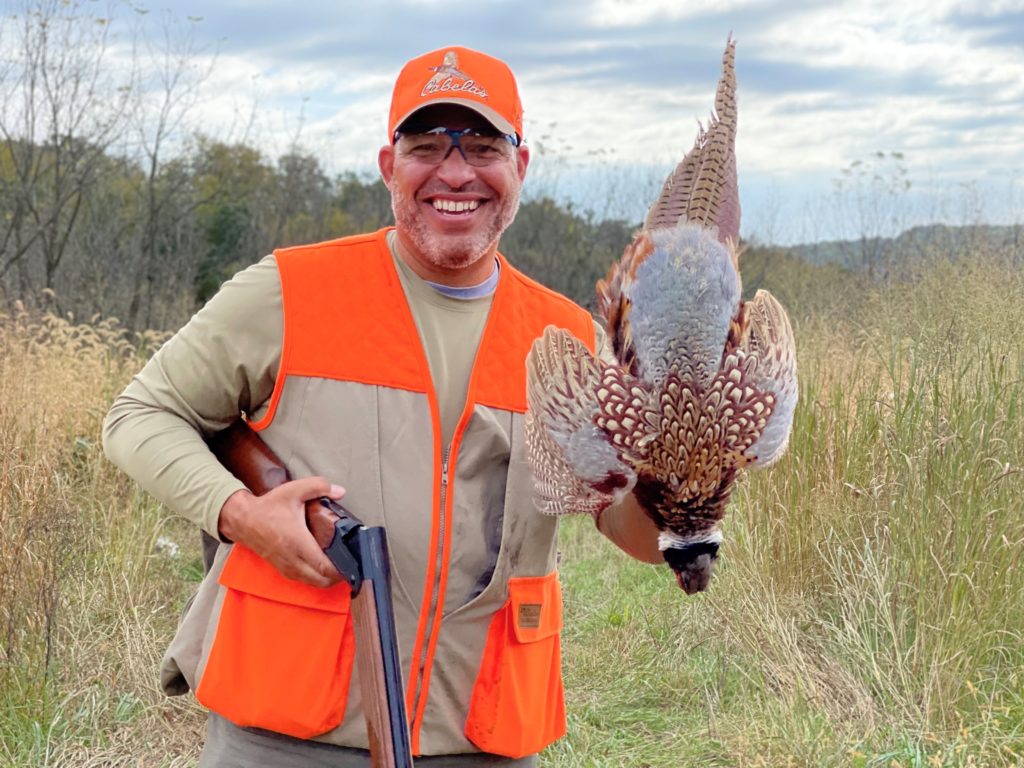
They say if you don’t get love in one place, you’ll find it in another. I’m grateful that Mother Nature embraced me.
I was introduced to the outdoors while I was trying to avoid abuse in my home in the housing projects of Allentown, Pa. I have a chapter in one of my books about seeing a pheasant in the local junkyard, while I was hunting starlings and rats. It was quite a time in my life for joy and pain.
My grandmother got me scholarships to summer camp—big shout out to Camp Horseshoe!—where I fished and learned about firearms. I also had a few uncles who showed their love by spending time with me in the outdoors, and that helped me grow in my teen years.
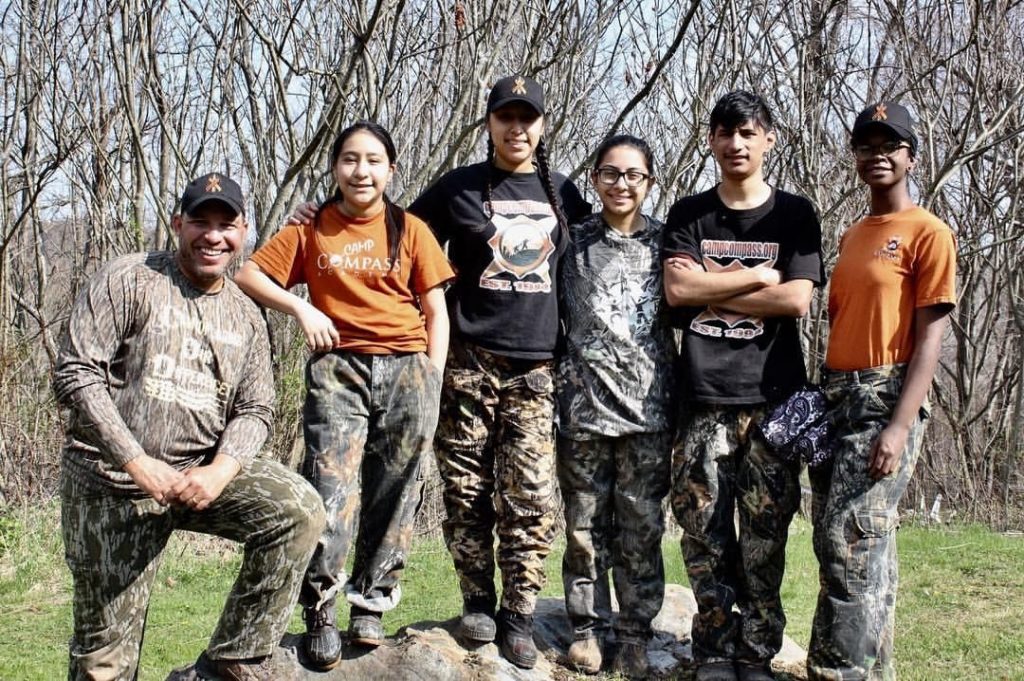
These days, my dream hunt would be west of the Mississippi River, because in 33 years of teaching I have never had a week off during the fall mule deer, antelope, elk, or duck seasons to head out West. I’m not allowed by contract to have more than two days off back-to-back, so by the time I could get there, I’d have to turn around and come back. I just hope that one day I can make the trip, be around good people, and chase critters with time on my side.
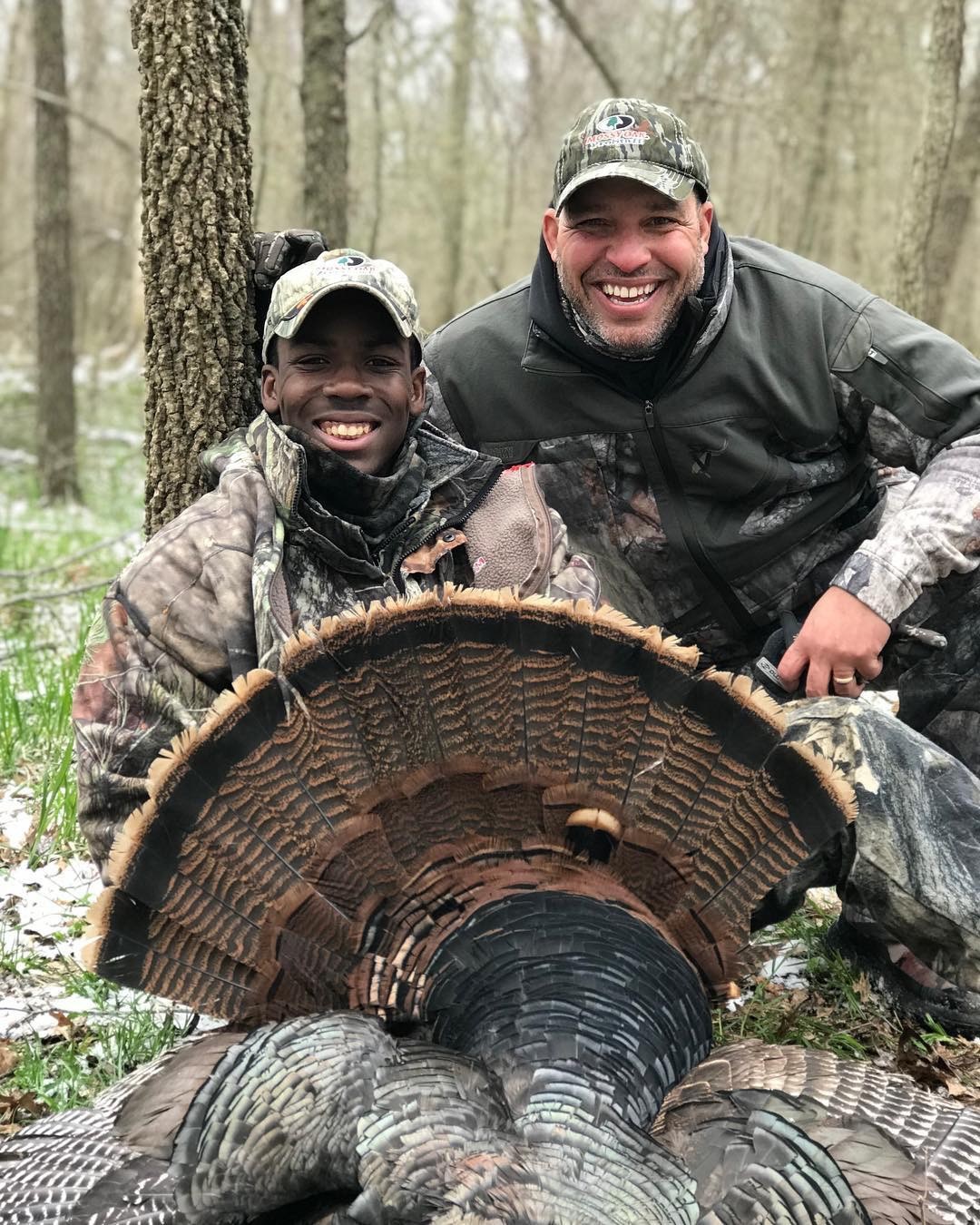
I’m what could be considered a non-traditional hunter and fisherman, because I wasn’t brought in by my immediate family, so I guess my viewpoint on conservation is a bit non-traditional as well. To me, the most important “critters” we can help are America’s youth, because they will affect wildlife with their future decisions and actions. There is an opportunity to use conservation activities to empower youth, and even adults, and give them the tools needed to navigate life’s challenges. For me, conservation is a battery; it powers the outdoor experiences that help to grow others.
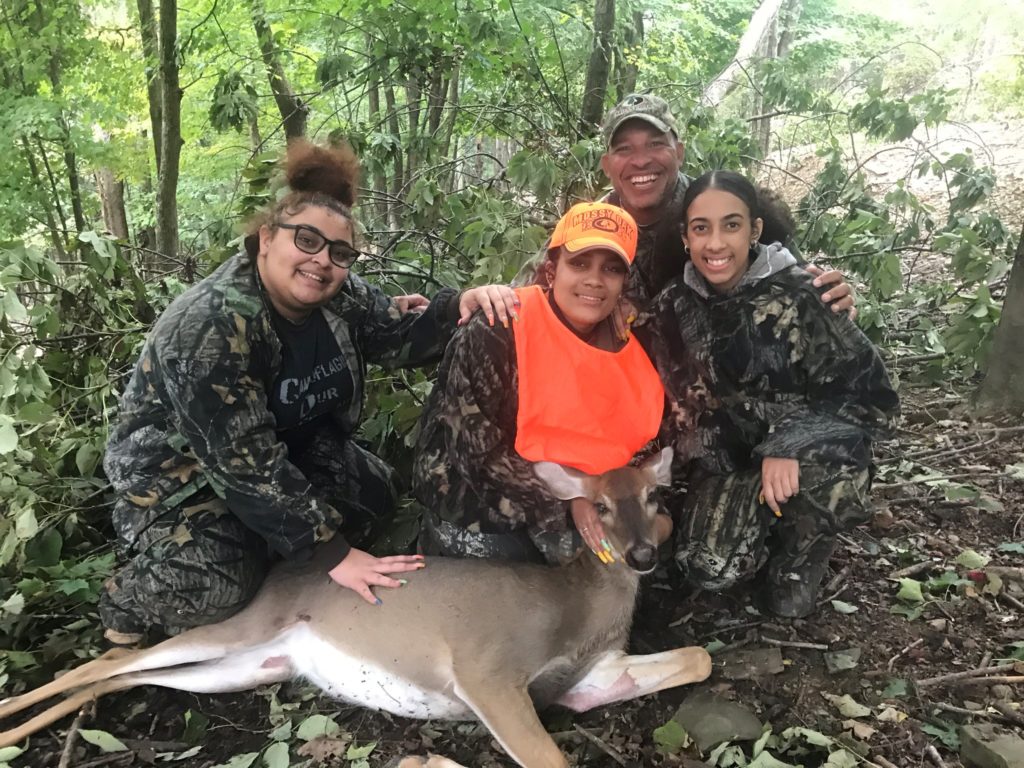
In some circles, the biggest conservation challenge is about animals and flora. In my case, and in a lot of places across America, the human is the one trying and needing to be saved. If you are getting shot at, or getting things taken, or you don’t have the chance for experiential learning, your chances for a decent quality of life are diminished. Conservation is so separate from the daily grind of the concrete world, until it is introduced and used as a support mechanism or an escape.
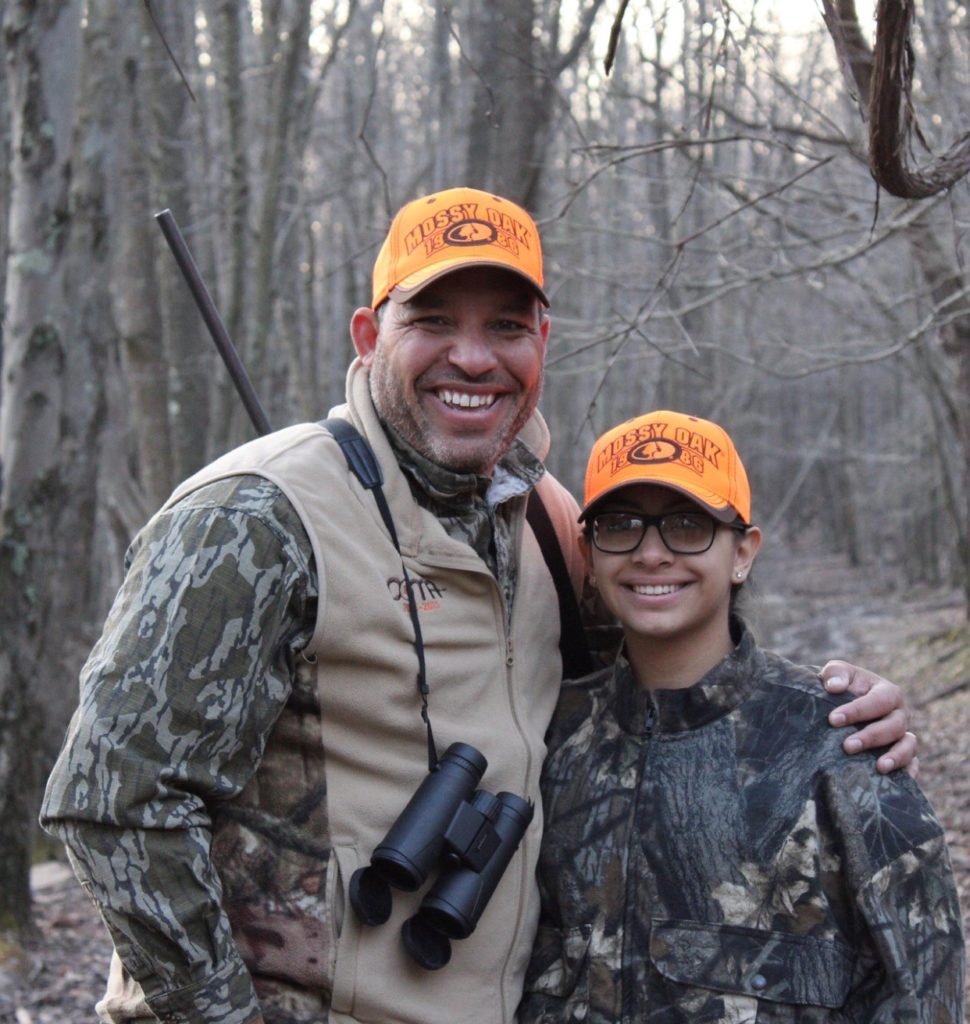
There are all kinds of people who hunt and fish. We are selling ourselves short if we don’t recognize that. The opportunities available in the outdoors, in fact, are just as diverse, but the space is not very inclusive. And that’s what I’m trying to change seven days a week. Using a bunch of equity, diversity and inclusion words or workshops to make us think we should care, or that we are making progress, pales in comparison to real proof that we all want to be together in a common space for a common reason.
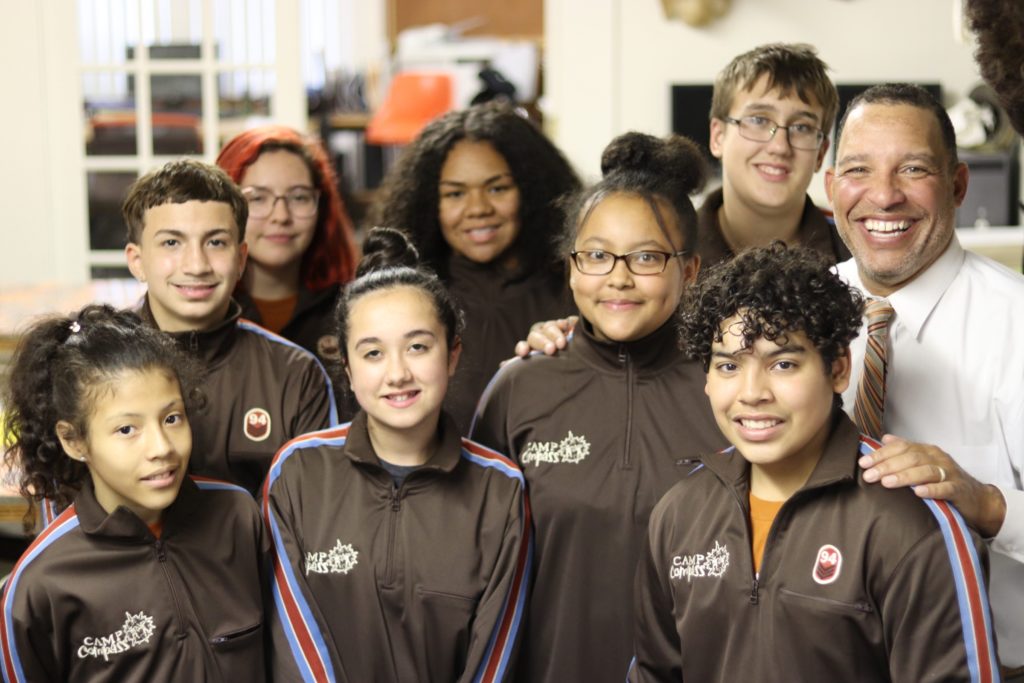
It’s important for me to be involved in conservation because I believe in what conservation has to offer those who participate in it, what it does for wildlife, and how it molds us as humans.
Learn more about John’s work and Camp Compass Academy at campcompass.org. Do you know someone “In the Arena” who should be featured here? Email info@trcp.org for a questionnaire.

